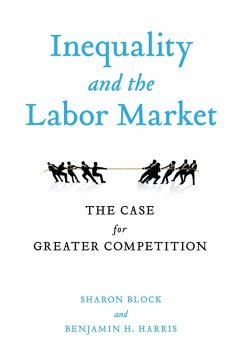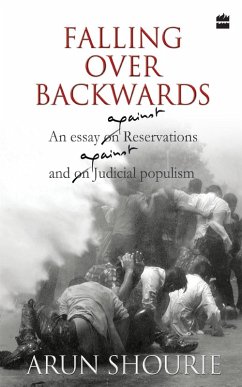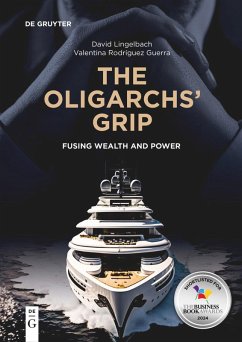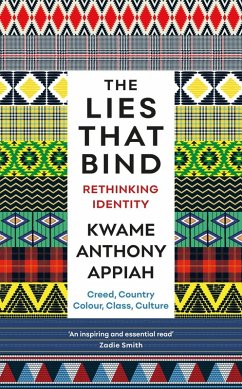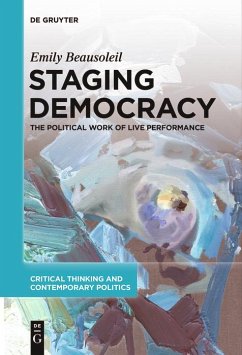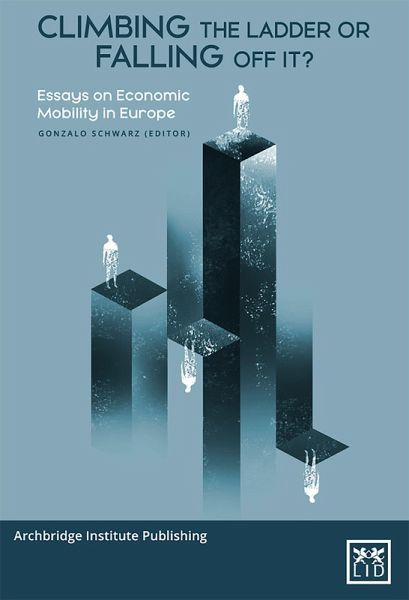
Climbing the ladder or falling off it (eBook, ePUB)
Essays on Economic Mobility in Europe

PAYBACK Punkte
0 °P sammeln!
The autors of this book are: Schwarz Gonzalo, Rehbinder Caspian, Liss Erik,,Agerup Martin, Heiberg Carl-Christian, Durana Radovan, Kamall Syed, Vaine Aneta All around the world, the most critical public policy conversations revolve around the fields of social mobility and inequality. Despite widespread interest, there are many issues and questions that are either misunderstood or under researched when it comes to these fields. And in addition, for those seeking to make it easier to climb the income ladder, the terms inequality, poverty and mobility continue to be used interchangeably, further ...
The autors of this book are: Schwarz Gonzalo, Rehbinder Caspian, Liss Erik,,Agerup Martin, Heiberg Carl-Christian, Durana Radovan, Kamall Syed, Vaine Aneta All around the world, the most critical public policy conversations revolve around the fields of social mobility and inequality. Despite widespread interest, there are many issues and questions that are either misunderstood or under researched when it comes to these fields. And in addition, for those seeking to make it easier to climb the income ladder, the terms inequality, poverty and mobility continue to be used interchangeably, further complicating many of our policy discussions, as these issues have different definitions and implications. This book centers around the most vital of these topics, social mobility, and the concern that there is still no consensus on the main barriers to social mobility. Conducting a broader analysis of the relationship between structural factors and social mobility can offer important clues to understanding why even some developed countries are struggling to increase upward economic mobility.
Dieser Download kann aus rechtlichen Gründen nur mit Rechnungsadresse in A, B, BG, CY, CZ, D, DK, EW, E, FIN, F, GR, H, IRL, I, LT, L, LR, M, NL, PL, P, R, S, SLO, SK ausgeliefert werden.






